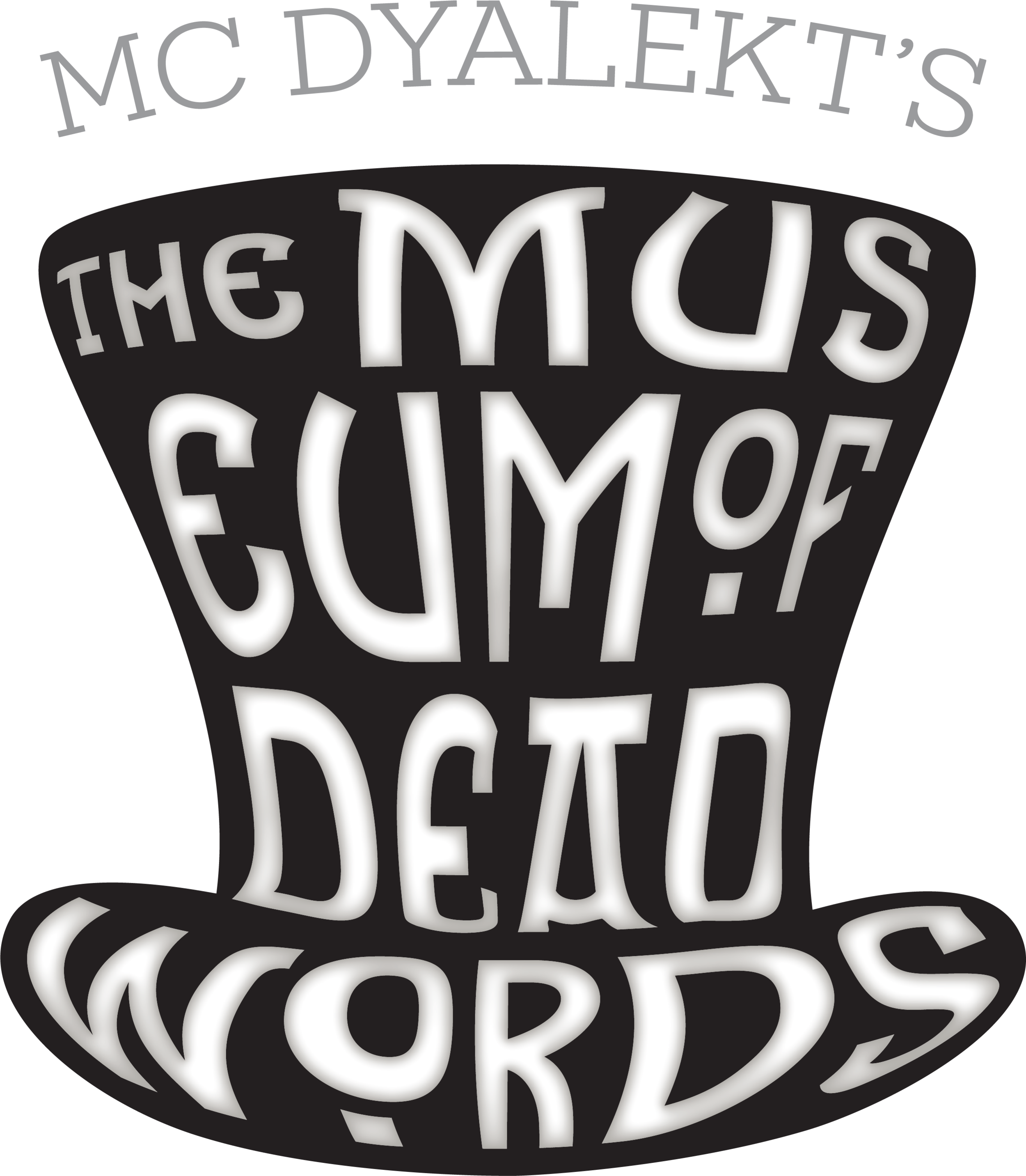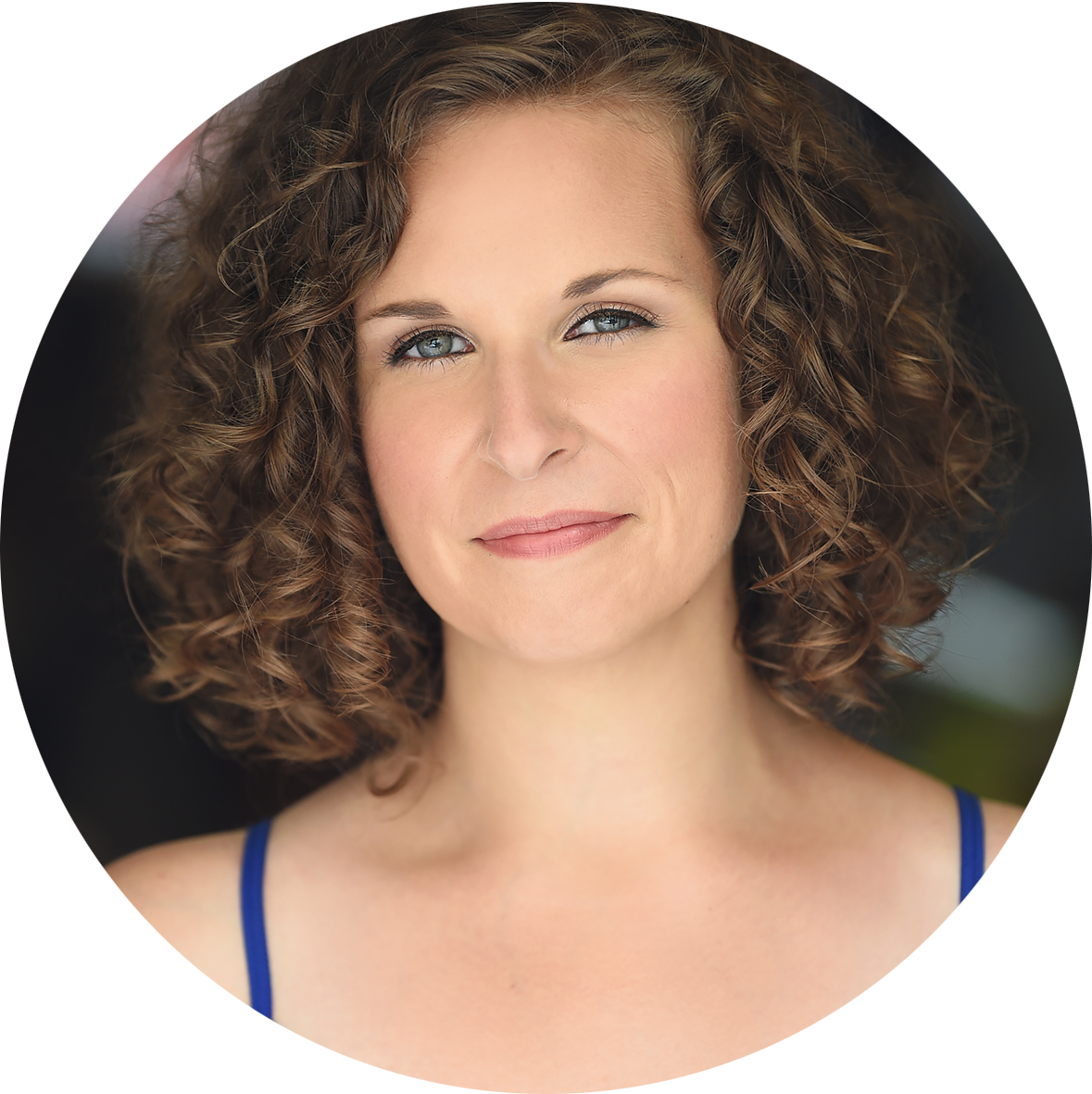The Online Series - Collaborators
Lynne Marie Rosenburg • Brooklyn, New York, USA
Stop Motion Animation
Interpreting the word “NORMAL” in The Online Series
After a suburban childhood outside of Boston, in 2003 I graduated from Vassar College and arrived in New York City ready for Broadway: with grainy black & white headshots, upwards of 2 audition songs, a repertoire of male and/or elderly roles, the face of a cherubic toddler, and the voice of a brassy retiree.
Naturally, I turned to comedy.
Though my time at Vassar may not have prepared me for The Business Of The Business, it had given me formal training in classical theater, a nerdy penchant for interdisciplinary thought, and a minor in Linguistic Anthropology that would ultimately inform my career path in surprising ways.
By 2013, a decade into my acting career and 6 years into studying Buddhist philosophy, an interest in both Right Speech, and the impact of language on society conspired to drastically alter my path. The lexicon of casting is highly codified and notoriously offensive; I found I could no longer continue quietly along as an actor, when I saw how these words inflict such pain on my community, and how they consequently influence those who consume the content we produce.
I began collecting job descriptions for actors - "breakdowns" as they are referred to in the industry. What started as an angry habit of posting particularly offensive nuggets on social media to commiserate with my friends, evolved into a large online collection, a recurring performance at a reputable NYC venue, and a YouTube series that ultimately became a fully produced television show. My career shifted focus to social justice, exploring issues of representation and inclusion through the aperture of the breakdown. Most recently, this work has found its way into my new practice of animation.
The COVID-19 pandemic effectively froze the Entertainment Industry in place. My TV show, though greenlit for a new season, was put on indefinite hiatus, teaching and directing opportunities disappeared, and any potential for acting work was gone. Facing stores of creativity with no professional outlet, and an abundance of unstructured time, I decided to try my hand at something I'd always loved watching: stop motion animation. I figured if nothing else, it would fill a lot of hours.
Since the beginning of quarantine I have had one rule for anything I create: Don't Be Precious. I promised myself I would trust in my process, and allow discovery and failure to be part of the exhibited product I posted on social media. I christened my little videos, Extremely Short Films.
I began with simply moving objects around my apartment and learning through problem solving. Eventually I began playing with hand drawings, clay, paper cut outs, moveable figurines - any medium or material I could get my hands on could whimsically come to life with the patience of tiny movements and hundreds of webcam photographs.
But it was the deaths of Breonna Taylor, George Floyd, Tony McDade, Elijah McClain, and so many others, and the subsequent protests and actions, that caused my new animation practice to collide with my path of social justice through casting. In asking myself the question, how has my industry contributed to violence and unconscious bias, I returned to my collection of breakdowns, and my piece Representation Matters was born. Within a few days the short video had gone viral, viewed over 840,000 times on Instagram. I knew I had stumbled into rich territory, and I have focused predominantly on animation ever since.
Though I continue to play with the form for various purposes - some of my videos are unabashedly silly - this seems to be the venue through which I can best do social justice work: it both feeds my creative hunger, and opens venues through which I may be of service. For those reasons, animation will remain the stronghold of my path for the foreseeable future.

